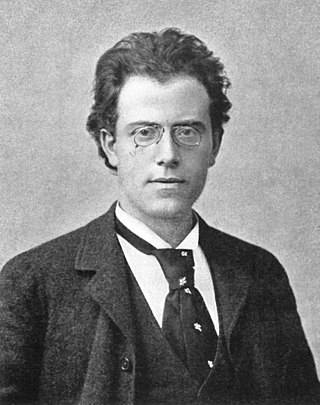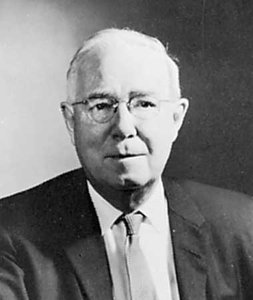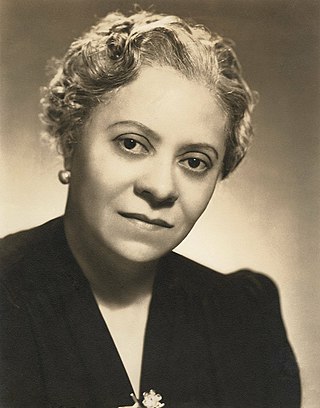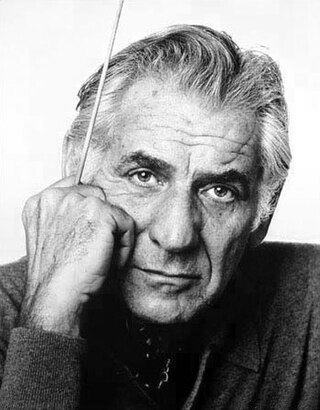Related Research Articles

The Symphony No. 1 in D major by Gustav Mahler was mainly composed between late 1887 and March 1888, though it incorporates music Mahler had composed for previous works. It was composed while Mahler was second conductor at the Leipzig Opera in Germany. Although in his letters Mahler almost always referred to the work as a symphony, the first two performances described it as a symphonic poem and as a tone poem in symphonic form, respectively. The work was premièred at the Vigadó Concert Hall in Budapest, Hungary, in 1889, but was not well-received. Mahler made some major revisions for the second performance, given at Hamburg, Germany, in October 1893; further alterations were made in the years prior to the first publication, in late 1898. Some modern performances and recordings give the work the title Titan, despite the fact that Mahler only used this label for the second and third performances, and never after the work had reached its definitive four-movement form in 1896.

Charles Martin Tornov Loeffler was a German-born American violinist and composer.

Also sprach Zarathustra, Op. 30 is a tone poem by Richard Strauss, composed in 1896 and inspired by Friedrich Nietzsche's philosophical 1883–1885 novel Thus Spoke Zarathustra. Strauss conducted its first performance on 27 November 1896 in Frankfurt. A typical performance lasts roughly thirty-three minutes.
Fountains of Rome, P 106, is a tone poem in four movements completed in 1916 by the Italian composer Ottorino Respighi. It is the first of his three tone poems about Rome, preceding Pines of Rome (1924) and Roman Festivals (1928). Each movement depicts a setting at one of Rome's fountains at a different time of the day, specifically the Valle Giulia, Triton, Trevi, and Villa Medici. The premiere was held at the Teatro Augusteo on 11 March 1917, with Antonio Guarnieri conducting the Augusteo Orchestra. Respighi was disheartened at its initial mild reception and put away the score, until the piece was re-evaluated by the public following a February 1918 performance by conductor Arturo Toscanini which brought the composer international fame. The piece was published by Casa Ricordi in 1918.
Pines of Rome, P 141, is a tone poem in four movements for orchestra completed in 1924 by the Italian composer Ottorino Respighi. It is the second of his three tone poems about Rome, following Fontane di Roma (1916) and preceding Feste Romane (1928). Each movement depicts a setting in the city with pine trees, specifically those in the Villa Borghese gardens, near a catacomb, on the Janiculum Hill, and along the Appian Way. The premiere was held at the Teatro Augusteo in Rome on 14 December 1924, with Bernardino Molinari conducting the Augusteo Orchestra, and the piece was published by Casa Ricordi in 1925.

Leo Salkeld Sowerby was an American composer and church musician. He won the Pulitzer Prize for music in 1946 and was often called the “Dean of American church music” in the early to mid 20th century.

In the South (Alassio), Op. 50, is a concert overture composed by Edward Elgar during a family holiday in Italy in the winter of 1903 to 1904. He was working on a symphony, but the local atmosphere inspired him instead to write what some have seen as a tone poem, with an Italian flavour. At about 20 minutes' duration it was the composer's longest sustained orchestral piece to that time.

Gail Thompson Kubik was an American composer, music director, violinist, and teacher.

The Bard, Op. 64, tone poem for orchestra written in 1913 by the Finnish composer Jean Sibelius. It was first performed in Helsinki on 27 March 1913 by the Philharmonic Society Orchestra, conducted by the composer himself, but he revised it in 1914. The new version was first performed in Helsinki on 9 January 1916, again under the baton of the composer.

Rudolph Ganz was a Swiss-born American pianist, conductor, composer, and music educator.

Calm Sea and Prosperous Voyage, Op. 27, is an orchestral concert overture by Felix Mendelssohn inspired by the same pair of poems by Johann Wolfgang von Goethe that inspired Beethoven's 1815 cantata of the same title. Mendelssohn's work was first performed on 7 September 1828 in Berlin.
Eric DeLamarter was an American composer and classical organist.
Patrick Greene is an American composer and performer of contemporary classical music. A lifelong resident of New England, he has been based in Boston, Massachusetts, since 2008.
The Symphony in B minor "Polonia", Op. 24, was written by Ignacy Jan Paderewski between 1903 and 1908, and first publicly performed in 1909. Although he lived for another 32 years, the symphony was virtually Paderewski's last composition; he wrote only one more work before his death in 1941 - a hymn for male chorus in 1917. Around 1910, he commenced what would become a political career, culminating in becoming the first Prime Minister of independent Poland and signing the Treaty of Versailles on behalf of his nation in 1919. He later returned to the concert platform as a virtuoso pianist.

The Symphony in E minor is the first symphony written by the American composer Florence Price. The work was completed in 1932 and was first performed by the Chicago Symphony Orchestra under the conductor Frederick Stock in June 1933. The piece was Price's first full-scale orchestral composition and was the first symphony by a Black woman to be performed by a major American orchestra.

Samuel Achillos Lieberson was a physician, award-winning composer and professor of music theory.

Divertimento, or Divertimento for Orchestra, is a suite of eight orchestral bagatelles by American composer Leonard Bernstein. Completed in 1980 and written to celebrate the centenary of the Boston Symphony Orchestra, it is well-known for featuring the notes B and C in most of its melodic material.
References
- ↑ Crociata, Francis. CD album essay for Freeman, Paul (conductor); Czech National Symphony Orchestra. Prairie: Tone Poems by Leo Sowerby. "Symphonic Poems by Leo Sowerby (1895–1968)". Cedille Records CDR 90000 033, 1997.